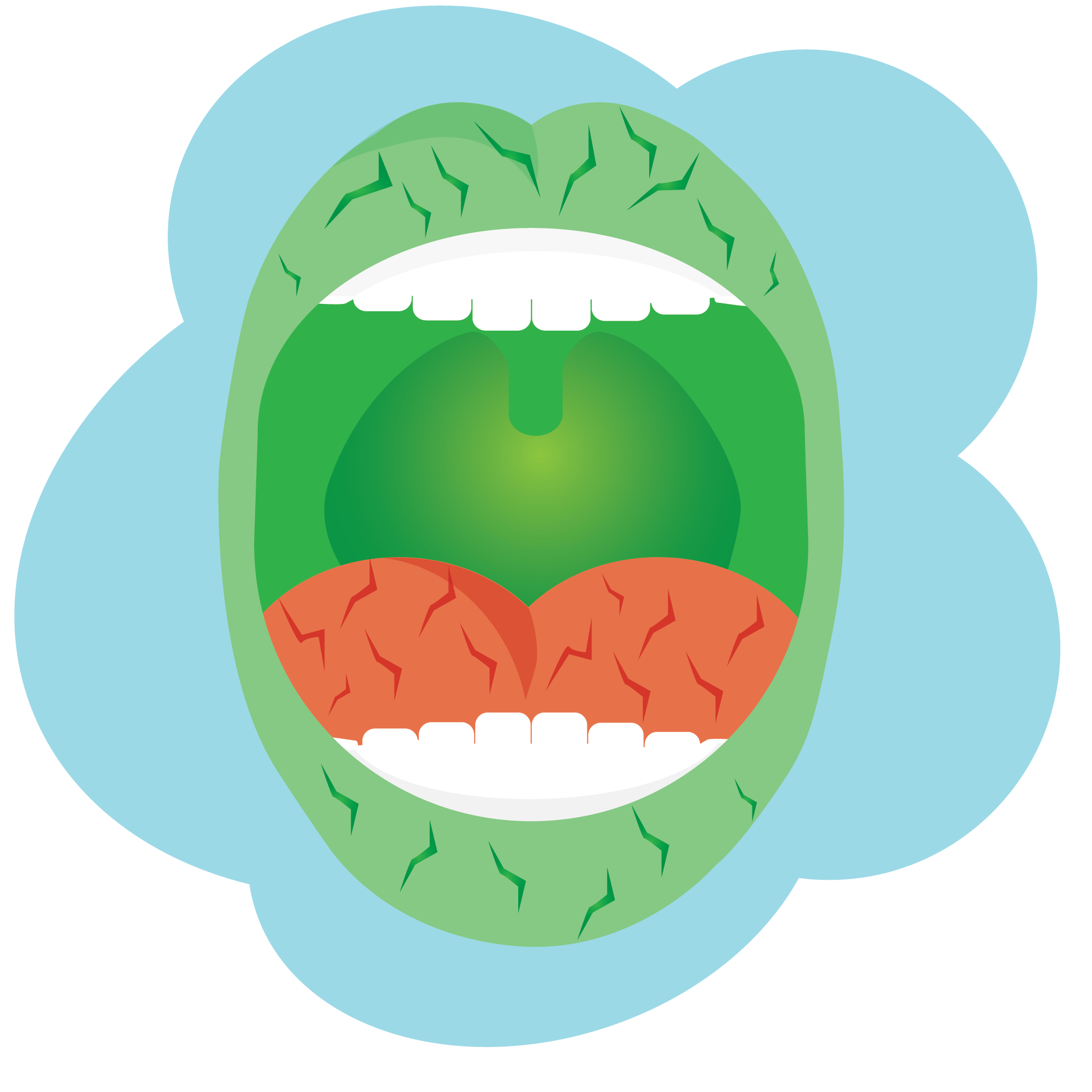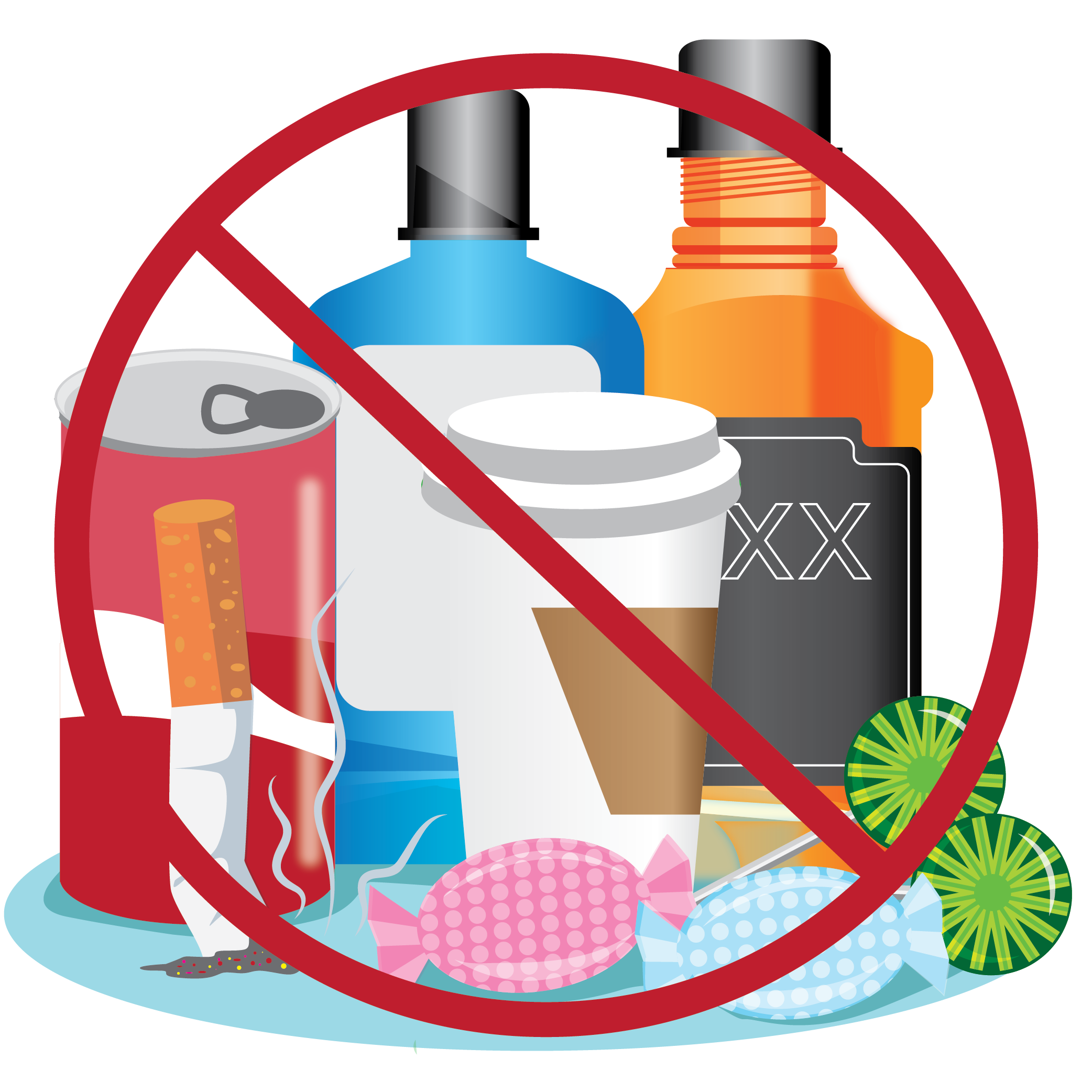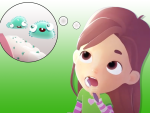As adults grow older, oral health concerns change. One common condition that affects seniors is dry mouth. This is a significant concern as 1 in 5 seniors have dry mouth. Dry mouth is not having enough saliva to protect and moisturize our mouth. A dry mouth can quickly lead to serious gum disease, cavities and oral infections.

Causes of dry mouth:
Dry mouth is a known side effect of over 500 medications. A few examples are medications to treat high blood pressure, antidepressants, antihistamines, sedatives and decongestants.
Some diseases cause dry mouth such as diabetes, Sjogren’s Syndrome, Parkinson’s Disease, HIV/AIDS, Alzheimer’s Disease, head and neck radiation and chemotherapy for cancer. Smoking, mouth breathing and dehydration are significant contributors to the diagnosis of dry mouth.

Signs to look for:
- Dry, irritated cracked lips or the corners of the mouth
- Cracked and reddened tongue surface
- Trouble eating or swallowing
- Problems keeping dentures in place
- Red, swollen gums
- Bad breath
- Thick, ropey saliva
What to do to reduce dry mouth:
Brush teeth with a soft toothbrush and fluoridated toothpaste twice a day. Use floss or an interdental cleaner once a day to clean between the teeth. Use dry mouth products such as Biotene. Consider a prescription-strength fluoride toothpaste (i.e. Prevident 5000), and if you use a mouthwash, make sure it is alcohol free.
To help stimulate saliva and keep the mouth moist during the day:
- Sip water
- Use artificial saliva substitutes
- Sugar free lozenges
- Chew Xylitol gum
Also, see your dental office or nursing home dental care team as soon as possible. You can also consult your doctor to review current medications.

What to avoid if you experience dry mouth:
- Mouth rinses that contain alcohol
- Sticky, acidic or sugar-filled candy, gum and snacks
- Alcohol
- Carbonated beverages
- Caffeine
- Tobacco
Published: August 7, 2020
Revised: April 1, 2022
This information in this post is for general educational purposes only and does not warrant or represent any information as related to health as specifically appropriate for you. It is not intended to be medical advice or replace the relationship that you have with your health care providers. You should always seek medical advice on any diagnosis or treatment from a qualified health care provider. The information is provided “as is” without any representations or warranties, express or implied.







